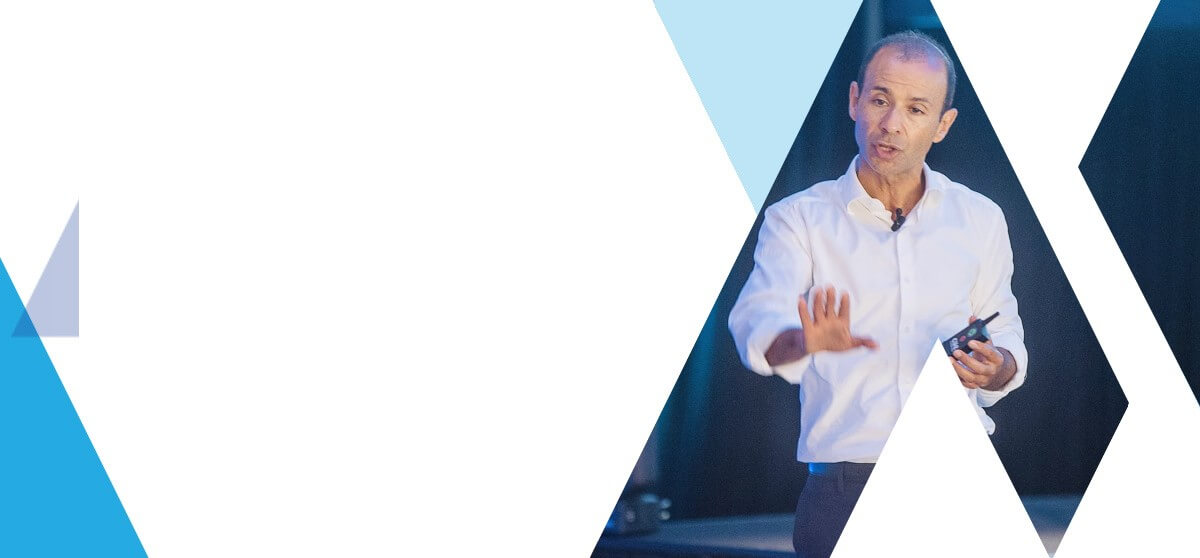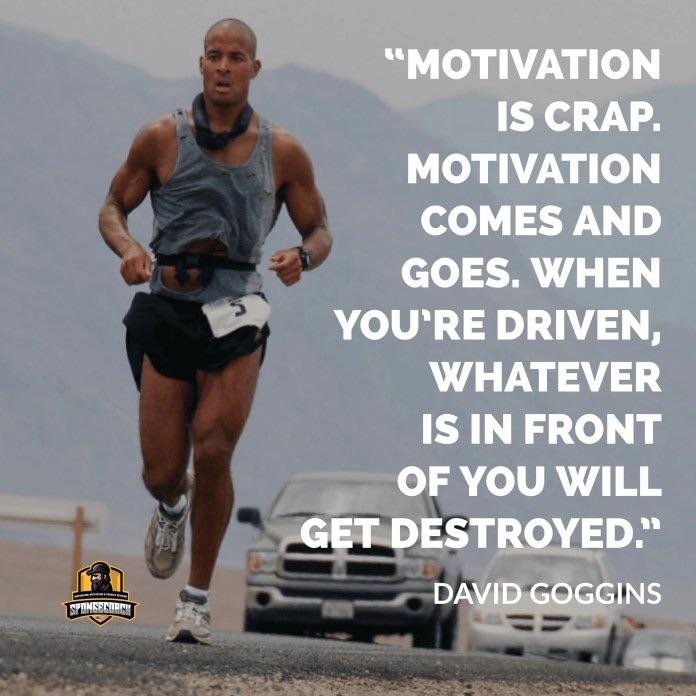3 Things Wrong with Motivation
1. The over promotion of motivation and happiness is causing anxiety. The expectation to be “on” the whole time is unrealistic and research is now showing that this increases rumination in response to failure. [McGuirk, L., Kuppens, P., Kingston, R., & Bastian, B. (2018). Does a culture of happiness increase rumination over failure?]
2. Dumping on yourself for NOT being motivated. You start to doubt yourself and this….
3. Leads to inaction. How? If motivation becomes the prerequisite for taking action (cooking, cleaning, commuting, reading, learning, exercising, working hard, going on a date, being intimate….you know DOING LIFE) then you will put off doing something until you are motivated.
The combination of all three dysfunctional thinking, then leads you down a negative loop of Anxiety, Doubt and more Inaction, and even less ‘motivation’ because you start to feel bad about yourself. The negative talk kicks in: “I am not fit enough, I am not smart enough, I am not pretty enough, I don’t have enough time, my parents messed me up, I went to the wrong school, it’s in my genes.”
I am not saying motivation is totally bad. It is just transient, and we should not be relying on it to ‘do life’. Motivation is not what makes for progress. Even imagine if business ran on motivation and not workflow systems? There would be no consistency. Business runs on processes, systems, performance of essential tasks for customers. Business does not perform those tasks when it feels motivated.
So, we have systems for working, then why not have systems for living?
Systems For Living
Let’s hit the reset button. In fact, I suggest you STOP using the word “motivation” in sentences such as “I am not motivated to….” Or “I am waiting to get motivated….” Or “I need someone who is self-motivated…”. It serves no purpose and is a useless cliché.
Let’s talk about what REALLY works. SYSTEMS. The theme at next years Upgrade Your Life event is 2020-VISION but what most people are not expecting is that this theme is NOT about getting pumped up on goals. Everyone has goals. Some people materialise them and yet others dont. WHY? Motivation? Definitely not. The key is CLARITY.
CLARITY not just for your VISION but for what you need TO DO on a daily basis to materialise your vision. You know, taking ACTION. WHAT type of ACTION? This is where systems come in. Rituals, habits, hacks, frameworks, tools, techniques.
The Biggest CON and MYTH: ‘Successful people run on motivation’
Successful people do NOT run on motivation. They run on systems. The moment you start appreciating this, is the time you will take all the anxiety and doubt off your shoulders. Successful people have rituals, habits and hacks that they follow every day, whether they are having a bad day or a great day, whether they feel energetic or not, whether they have had an argument or not, whether someone wronged them or not, whether they have eaten or not, whether they slept well or not, whether, whether, whether….. They show up and follow the process. Sometimes, motivation flows as a result of that, but motivation is not a prerequisite.
The Motivation Trap – Dont Become a Target
If you rely on motivation in your life, you will become addicted to positive meme’s and inspirational people/talks. You will need them like a daily drug to get you going. And you will get addicted to social media because it fuels this addiction. You will spend your energy chasing instead of doing. Please don’t. You will end up being an easy target for people trying to sell you stuff to keep you pumped. A friend recently confided in spending $10,000 on a program that did NOTHING for her. It angered me so much. Systems are FREE and there are many caring people in the wold today sharing systems that deliver. David Goggins is one of them.
Our Speakers Never Talk About Motivation
If you really listen to all our speakers who present at our Upgrade Your Life event, you will notice a common thread. None of them talk about motivation. They talk about principles, values, processes, rituals, habits, hacks and routines.
Even inspirational people like David Goggin’s snubs motivation. He talks ‘being uncommon among the uncommon’, ‘going dark’, ‘callousing the mind’, ‘the new norm’. He is sometimes labelled as motivational, but he tells people not to hero-worship him. In his book Can’t Hurt Me he tells us that if you follow your own system for living, you will become your own hero and not need anyone, or any course or any program. I share a video below of an interview he gave on London Real, which gives you an insight of the difference between motivation and ‘doing’.
BELOW the video I have included comments from people in our Higher Branch Community and how they have overcome REAL LIFE hardship and their TRANSFORMATION by following the systems that David Goggins espouses. Notice their comments say nothing about motivation!
Click the thumbnail below or click here to watch the video >>>







